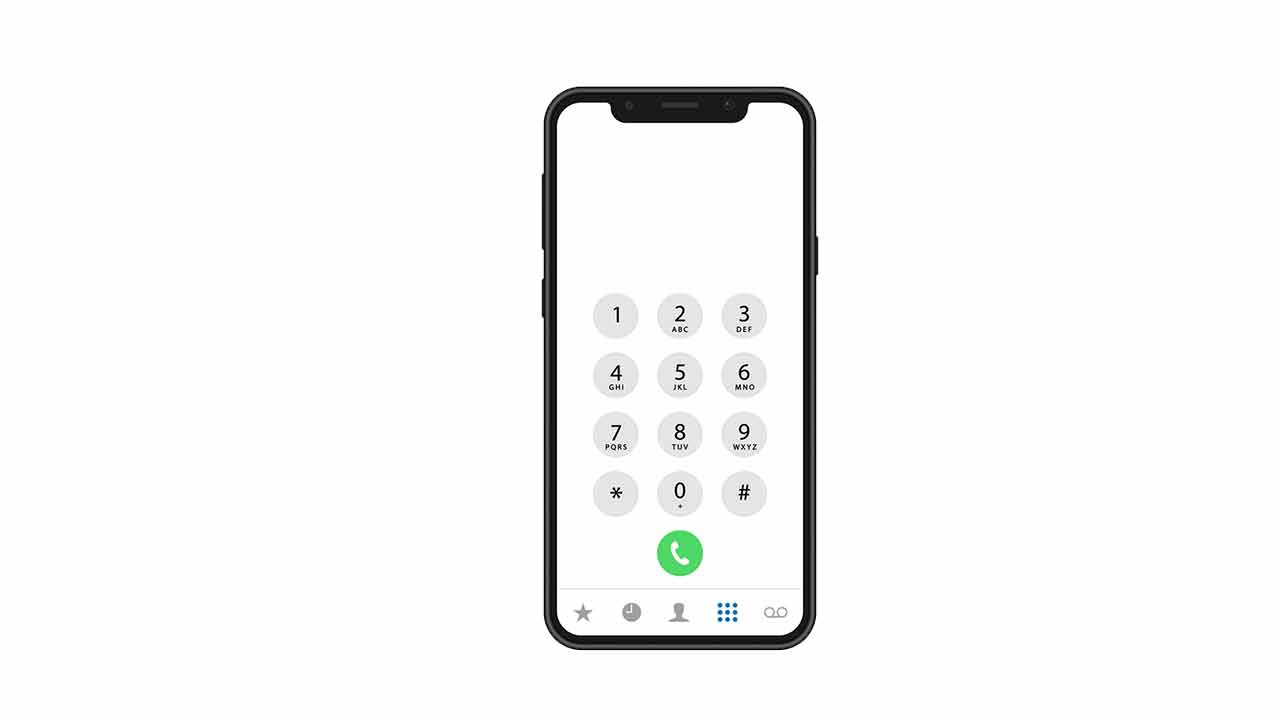6 Tips to consider for Custom App Development
Smartphone applications were no longer considered a novelty a few years ago; they are now considered a need. Society is already accustomed to dozens (and in some cases hundreds) of programmes being loaded on mobile phones that are utilised on a daily basis. It is difficult to picture a world in which we do not have access to these instruments that are so indispensable in our everyday lives. Let us get some tips about custom app development.
As a result, an increasing number of businesses are looking at developing customised apps. Whether you want to bring your organisation into the era of technology and instant information, or you want to thrill your consumers, we can help.
Consequently, we developed this checklist to help you determine whether or not you are considering all of the important factors before beginning the creation of your application:
1) Recognize the distinction between an application and a website
In order to create a custom app, it is necessary to first understand what an app is and when it makes sense to create one. In cases when your consumer has more routine interaction with your brand, such as once a week or even once a month, an app is an excellent solution.
If it is more intermittent than that, your consumer may begin to doubt the true benefits of installing your application on their mobile phone.
Making an app where the interaction is more than just information consumption is also a fantastic concept.
For example, your consumer can communicate with you by sending images, sending text messages, registering something, or being notified of something important. If you have alerts that can be provided to your consumers (and are helpful to them), an app is typically a great way to improve this communication channel for both parties involved.
Also Read: How to Compile an Application in Xcode
2) Clearly define the target audience.
You’d be better off if you were clear about who will be using the app before you started. This vision will serve as a guide for the entire process moving ahead.
People who spend their whole day in front of a computer, for example, may not perceive the benefit of mobile application development since it is more convenient to utilise a website in a separate browser tab. Nevertheless, in the case of people who are always on the go, an application can facilitate hundreds of transactions that would not have been possible without this new channel.
3) Understand the current software development platforms
We presently have a clear definition of the market share of mobile devices in our possession. According to StatCounter, Android was utilised by around 76 per cent of mobile devices in India in May of this year. iOS (Apple’s operating system for iPhones and iPads) is utilised by around 24% of users, with the remaining platforms accounting for less than 1% of total users.
That is, at the moment, the most significant platforms for developing an application are the Android and iOS operating systems. Moreover, based on your target audience, you may opt to begin development on both platforms with the assistance of cross-platform mobile app development.
4) Learn about the many approaches to developing an application
At the beginning of the mobile era, the only method to develop an application was native, which meant using the language and tools specific to each operating system. The work had to be completely redone on a second platform, which resulted in the creation of more jobs.
Native applications require a significant financial commitment, but they are the most effective in terms of performance, quality, and user interface since they are fully integrated into the smartphone system.
Then there’s the potential of creating web apps, which are programmes with a native “shell,” but otherwise are identical to websites in terms of functionality and appearance. As a result, the “shell” of the programme is unique for each platform, but the body of the application is reused.
Web applications suffer from certain speed issues, and the visual identity is a touch too general (since it needs to serve both Android and iOS with the same layout). However, it is the one that takes the least amount of capital.
At long last, hybrid apps began to appear. They make use of more modern technology in order to produce applications for both the Android and iOS platforms from a single source code repository. Hybrid applications are more cost-effective, have better performance, and may be integrated into the smartphone’s interface design. In this particular situation, the investment represents a nice medium between native apps and online applications.
5) Define the services that will be provided through the application
When it comes to getting your hands dirty, the primary aspects of your customised app must be established before you begin developing them. So you must clearly see what the app will accomplish as well as how it will function before you begin developing it.
It is worthwhile to try out comparable programmes and see what you enjoy and what doesn’t work for you in this case. Draw several drawings and ask your friends or coworkers what they think about them, and so on. The more the maturity of your concept, the greater the likelihood that your application will be accepted!
6) Find a development team that is dedicated to your project
So far, you, as an entrepreneur, are able to complete the steps on your own. With so much information available on the internet, it is important to make smart selections in the first five stages. In the future, you will require more in-depth technical expertise in order to participate in the actual development process.
Making your app is a fantastic trip, and (despite my concern about saying this) I strongly suggest studying programming. We’ve even written a blog article about source code. Professional applications, on the other hand, need a few years of education followed by a few more years of practice.
Furthermore, even if it is a hybrid app, other skills such as design, user experience (UX), server programming, and understanding of both Android and iOS platforms are required to create a full app. Not to mention the administration and monitoring that occurs following the development process.
Conclusion
As a result, if you are considering developing an app for your company, it is highly suggested that you locate a team that is well-trained and dedicated to your success.
As a result, an application developed by experts takes just a few weeks to a few months to construct, as opposed to several years in the past. We are experts in this sort of project and have developed a complete methodology to ensure the finest possible results.
Learning to programme while on vacation, a few months after your IT team has completed the final version of your custom application, is possible (and recommended!).




